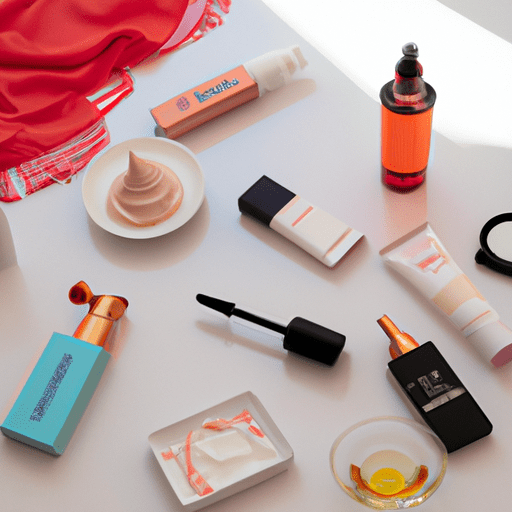In the world of beauty, there is a growing demand for ethical and safe products. Consumers are increasingly concerned about the impact of beauty products on their health, as well as the environment and animal welfare. The rise of halal beauty is a reflection of this trend.
Halal beauty refers to products that are compliant with Islamic law. This means that they are free from ingredients that are haram or forbidden, such as alcohol and animal-derived ingredients. Halal products are also produced using ethical and sustainable methods, which are in line with Islamic values.
The global halal market is expected to reach $2.6 trillion by 2023, with the beauty and personal care sector accounting for a significant share. This growth is driven by the rising demand for halal products among Muslim consumers, as well as non-Muslim consumers who are looking for ethical and safe products.
One of the key factors driving the rise of halal beauty is the increasing awareness among consumers about the harmful effects of certain chemicals and ingredients commonly found in beauty products. Many consumers are now looking for natural and organic products that are free from harsh chemicals and toxins.
Halal beauty products are typically free from sulfates, parabens, phthalates, and other harmful ingredients that can cause skin irritation, allergies, and other health problems. This makes them a popular choice among consumers who are looking for safe and gentle products that are suitable for all skin types.
Another factor contributing to the rise of halal beauty is the growing concern among consumers about animal welfare. Many beauty products are tested on animals, which can cause pain and suffering to these animals. Halal beauty products are produced using ethical and sustainable methods that do not harm animals, which makes them a popular choice for consumers who are looking for cruelty-free products.
In addition to being safe and ethical, halal beauty products are also known for their high quality and effectiveness. Many halal brands use natural ingredients that are rich in vitamins, minerals, and antioxidants, which help to nourish and protect the skin.
Halal beauty products also tend to be more affordable than their mainstream counterparts. Since halal manufacturers do not spend money on expensive marketing campaigns, they are able to offer their products at lower prices. This makes them a popular choice for consumers who are looking for quality products at a reasonable price.
Halal beauty is not just a trend among Muslim consumers; it is also appealing to non-Muslim consumers who are looking for ethical and safe products. The halal market is becoming increasingly mainstream, with major retailers and beauty brands launching their own halal lines to cater to this growing demand.
However, the rise of halal beauty has also raised questions about its authenticity and certification. With so many brands claiming to be halal, it can be difficult for consumers to distinguish between genuine halal products and those that are simply marketed as halal for commercial purposes.
To address this issue, several organizations have been established to certify halal products, such as the Halal Certification Services and the Islamic Society of North America. These organizations provide consumers with assurance that the products they are using are genuine halal products that are compliant with Islamic law.
In conclusion, the rise of halal beauty is a reflection of the growing demand for ethical and safe beauty products. Halal products are free from harmful chemicals and toxins, and are produced using ethical and sustainable methods that are in line with Islamic values. They are also known for their high quality and affordability, making them a popular choice among consumers who are looking for quality products at a reasonable price. As the halal market becomes increasingly mainstream, it is important for consumers to ensure that the products they are using are certified halal products that are compliant with Islamic law.

